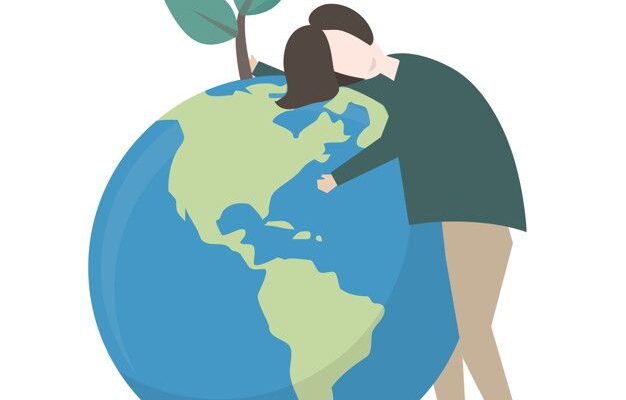As individuals, we’re becoming increasingly conscious of our impact on our environment through the media and prominent individuals raising awareness. It seems that we need to take action with greater urgency to maintain the ecosystem. It is through overconsumption that we have contributed more to the degradation of our environment than any other population in history.
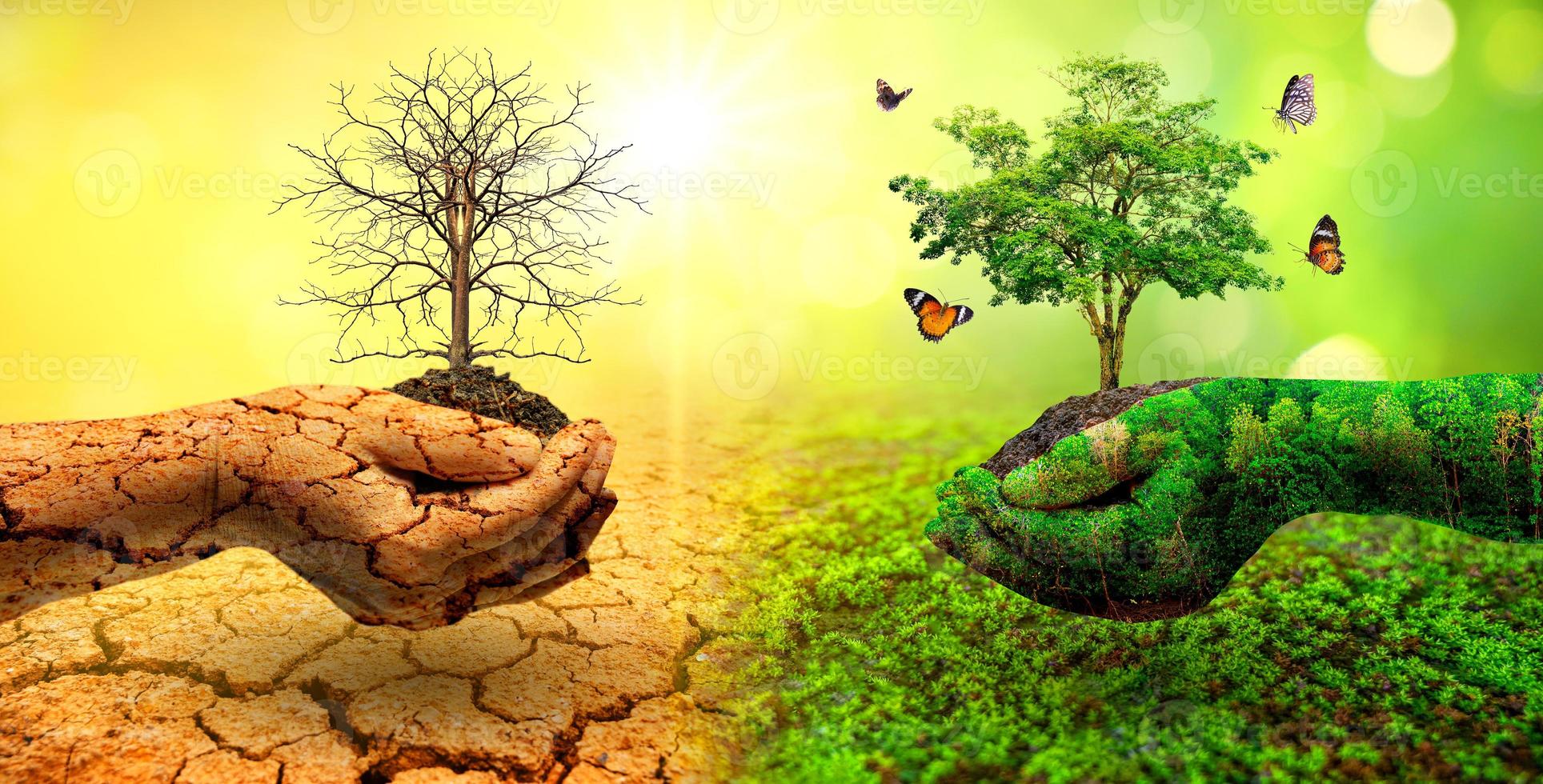
The existence of human and animal life depends on having a healthy environment. This ecosystem comprises all living and non-living entities and interactions within this natural habitat. The ecosystem is a pressing issue because our existence depends on the environment; one cannot survive without the other, and we do not live in a vacuum.
Environmental conservation has become one of the core issues we as a species must address to tackle climate change and global warming. We must address this issue, but what does environmental conservation mean, and what can we do to contribute to this cause. This article will provide insight into this important topic so you can hopefully make positive changes and lessen your environmental footprint.
What Exactly is Environmental Conservation?
Environmental conservation is protecting or preserving the environment from degradation or collapse due to pollution and human activities. To conserve the environment, we employ various methods such as education, regulations, improving technology and changing consumer habits.
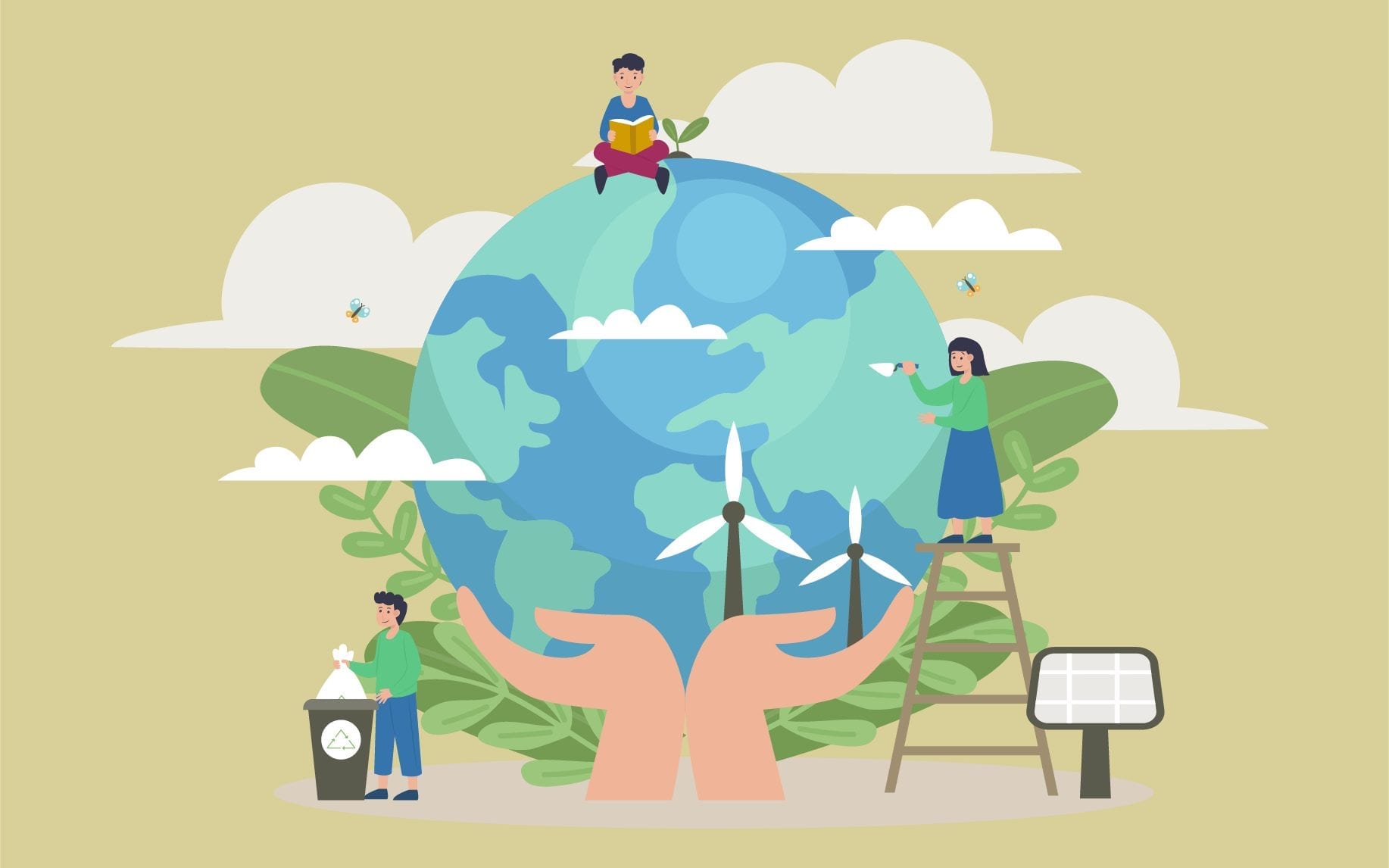
We can administer the practice of environmental conservation on individual, organisational, and governmental levels. A range of issues takes a significant toll on human and animal life. They can range from overpopulation, ozone depletion, global warming and mismanaged waste.
The Importance of Environmental Conservation
Its often underappreciated how connected the inhabitants of planet earth are; no man is an island, and this statement rings true even when talking about the environment. The trees convert carbon dioxide from factories into oxygen, which we inhale to breathe and respire. The food and sustenance we receive on this earth depend on the quality of the environment around us; everything from the soil to the sunlight plays a massive role in our survival.
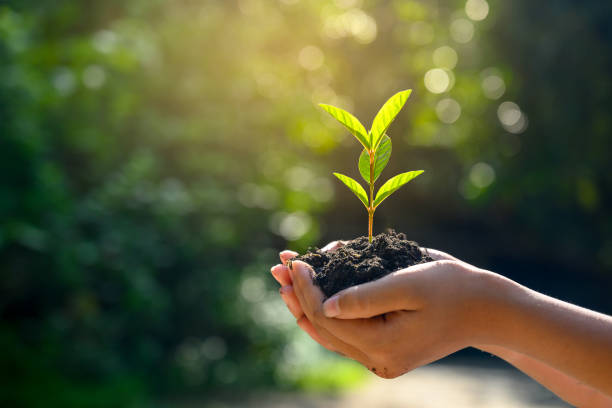
We don’t appreciate how complex and interconnected this web of life is; if you take one part of the equation out of the picture, the whole system could potentially crumble. If you remove bees from our ecosystem, the availability and diversity of fresh produce will decline substantially due to the lack of pollination. These seemingly insignificant and minor bugs are responsible for pollinating 75 per cent of the world’s flowering plants and 35 per cent of the world’s food crops.
It has been vital to work towards conservation in these times. The following points elude the dire need to save our world from further degradation.
● Reduction of air, water and land pollution.
● Preserving natural resources for future generations.
● Protection of biodiversity.
● Implementing sustainable development.
● Restoring ecological balance.
● Saving the planet from soaring temperatures.

Methods of Conservation
Now that we grasp what environmental conservation is and why it’s essential, we can go through some ecological conservation methods.
Forest Conservation
As we established earlier, one of the fundamental pillars of a healthy ecosystem is the plants and trees in our environment. These provide us with essential sources of clean air and excellent
other day-to-day products. They also offer to dwell for different living creatures, and disturbances in our plant life can disrupt the food chain.
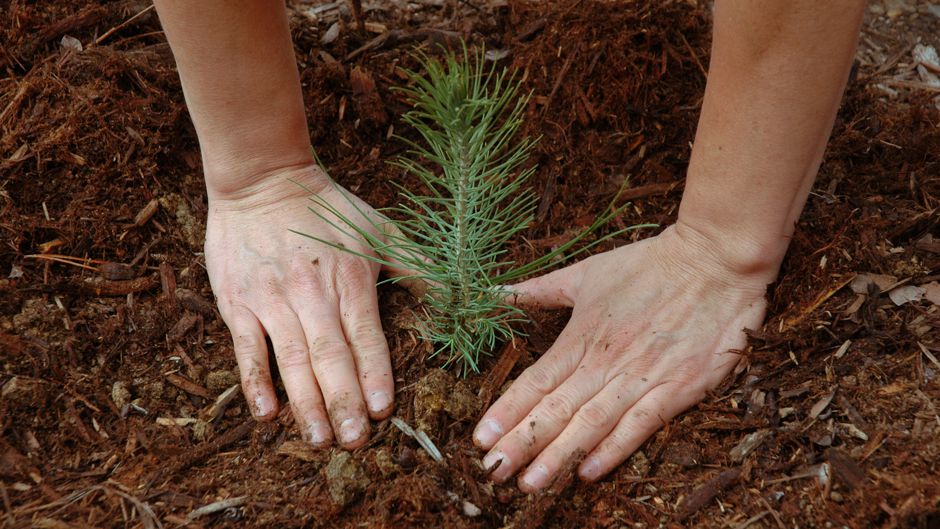
The core aim of forest conservation is to reduce deforestation and plant and maintain more trees and plants than we take away. We can do this by everything from implementing laws or the biological control of invasive species. This management of the existing forests and plans will help maintain and restore balance in our environment.
Waste Management
All major cities and countries could improve waste management, but this issue is much more prevalent in poorer developing countries. Third-world countries don’t have access to the same infrastructure as more affluent, more developed societies and therefore need more attention in this area.
We can start using miniature disposable goods and purchasing eco-friendly products. We can also consume less and purchase items we truly need. Governments and councils must improve waste disposal techniques and implement policies encouraging recycling.
Public Awareness
The advent of social media and the internet has made getting messages through to large audiences very easy. We can spread information faster than ever, so we must send the right messages. Today’s youth will become the custodians of our earth tomorrow, and we must teach them the importance of conservation.
We can make informative videos and spread them through various social media platforms. Also, traditional methods such as thought school and television or documentaries can help point children and adults in the right direction. Without the public being aware of the problem, they won’t be able to do anything to fix it.
Conclusion
These are some ways we can conserve the earth for future generations. If we don’t have healthy ecosystems, we don’t have healthy humans, and the world suffers. I’m sure you don’t want this, so the time to raise awareness is now. Hopefully, you’ve taken something away from this and will form positive habits moving forward.

